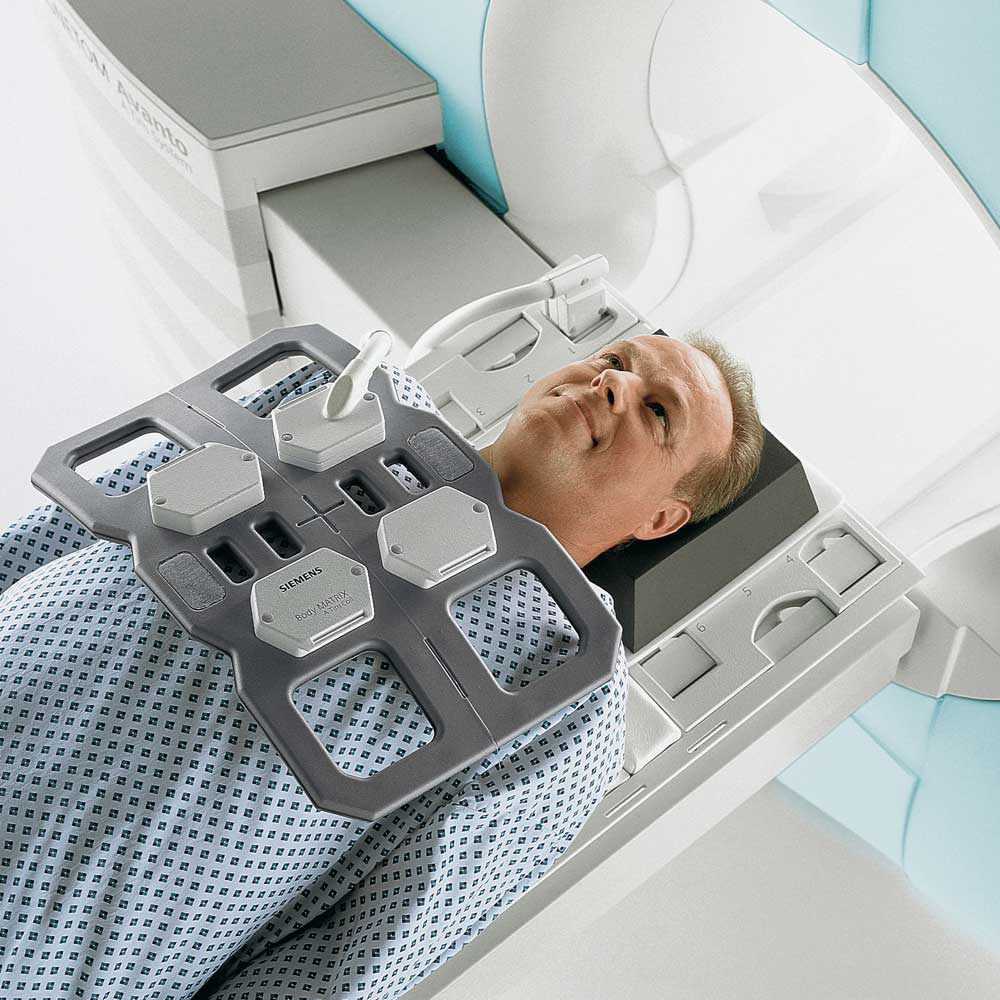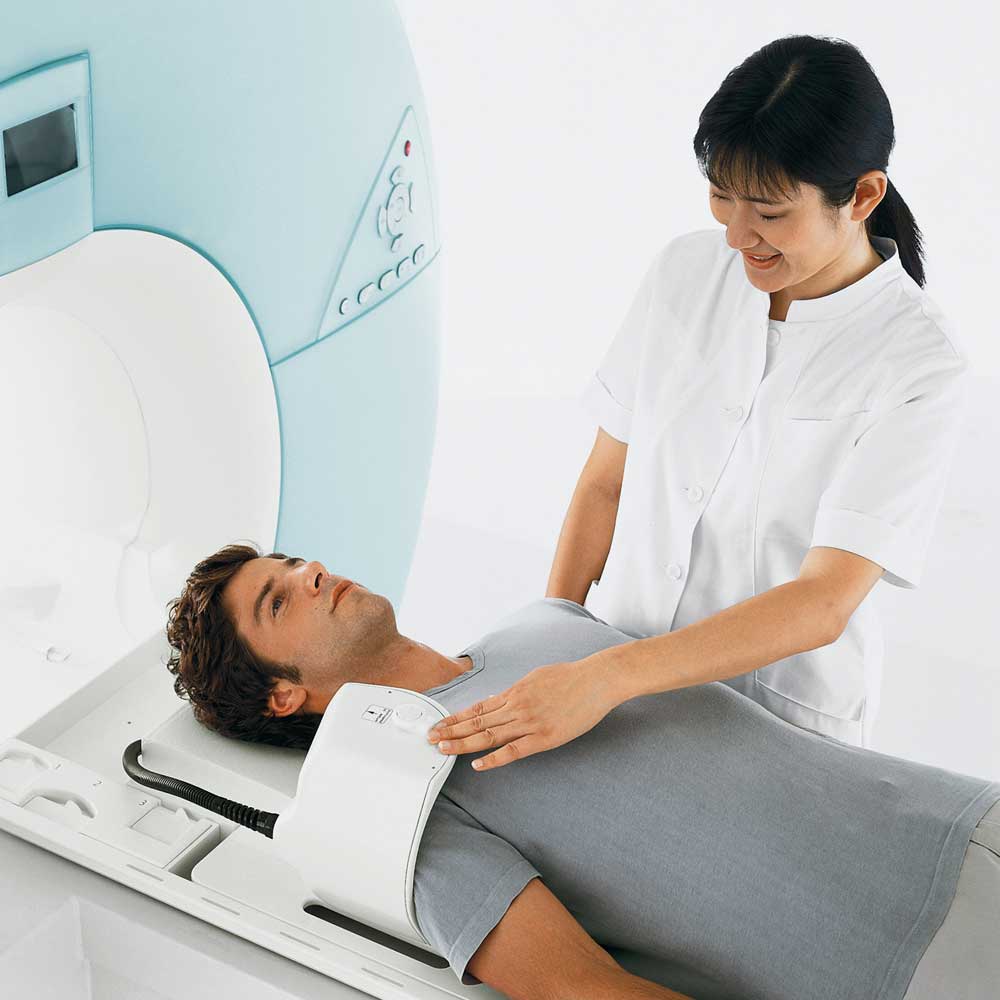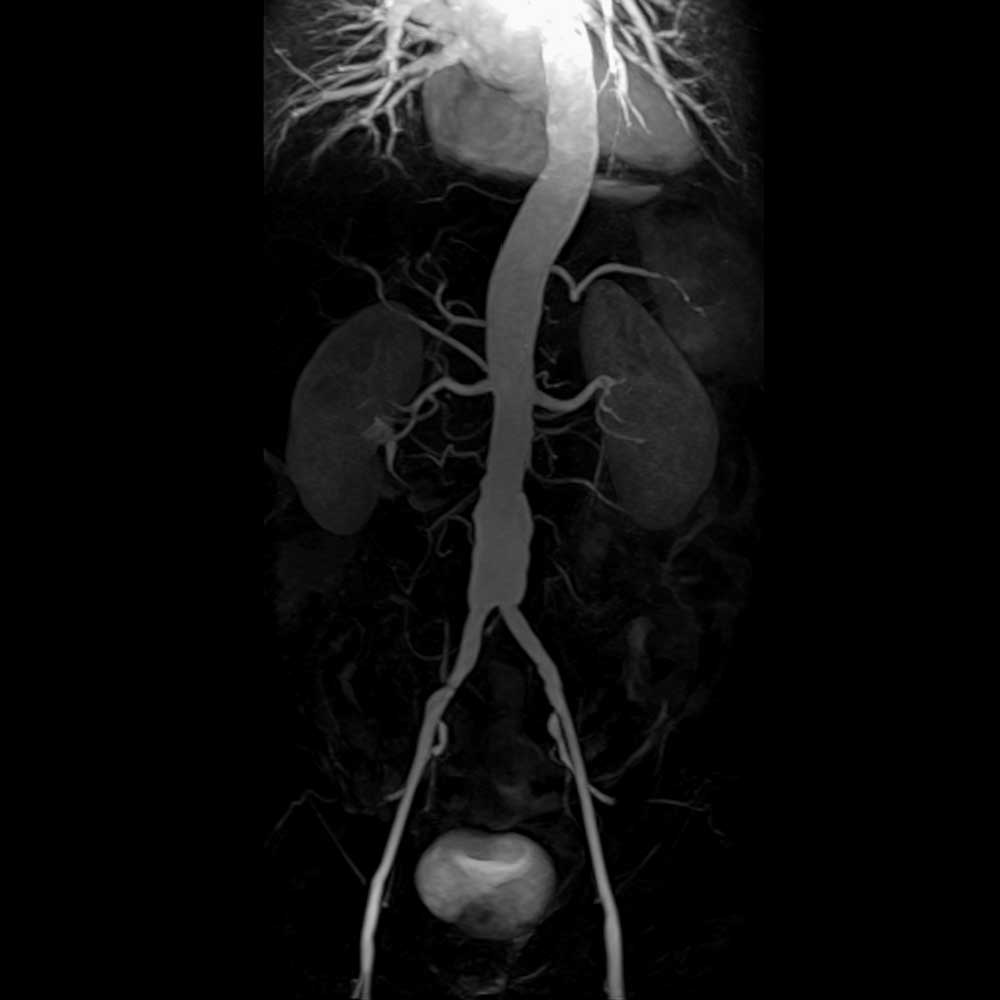
Understanding Contrast Studies
What Are MRI and MRA Contrast Studies?
MRI (Magnetic Resonance Imaging) and MRA (Magnetic Resonance Angiography) use powerful magnets and radio waves to create detailed images of the body. When a contrast agent is introduced, it improves the visibility of blood vessels, tissues, and abnormalities such as tumors, inflammation, or blockages.
- MRI with Contrast is often used to detect brain, spine, joint, and soft tissue conditions.
- MRA with Contrast focuses on blood vessels, helping doctors detect aneurysms, narrowing arteries, or vascular disease.
These scans are painless, radiation-free, and typically take 30–60 minutes.
Benefits of Contrast-Enhanced Imaging
Advanced Imaging with Contrast for Clearer, More Accurate Results
At IPMC Medical Center, we offer MRI and MRA contrast studies to provide enhanced images of your internal organs, tissues, and blood vessels. These non-invasive procedures use a special contrast agent—usually gadolinium—that helps highlight specific areas in your body for more accurate diagnosis and treatment planning.
- Greater Accuracy – Contrast highlights abnormalities that may not appear on standard scans.
- Early Detection – Helps identify problems sooner, when treatment can be more effective.
- Non-Invasive – No surgery, no downtime, and no radiation exposure.
- Wide Diagnostic Use – Useful for neurological conditions, cardiovascular disease, tumors, and more.


Contrast Studies in Philadelphia
MRI and MRA Contrast Studies at IPMC Medical Center
Located in Northeast Philadelphia, IPMC offers a patient-friendly imaging experience from start to finish. We combine cutting-edge MRI and MRA technology with the compassionate care of board-certified radiologists and skilled technologists.
At IPMC, we prioritize your comfort, safety, and convenience:
- Easy scheduling with minimal wait times
- All imaging performed on-site
- Advanced diagnostic equipment
- Clear, prompt results delivered to your referring physician
Whether you’re monitoring an ongoing condition or need a new diagnosis, our contrast-enhanced MRI and MRA studies provide the clarity and confidence you and your doctors need.
